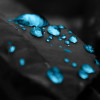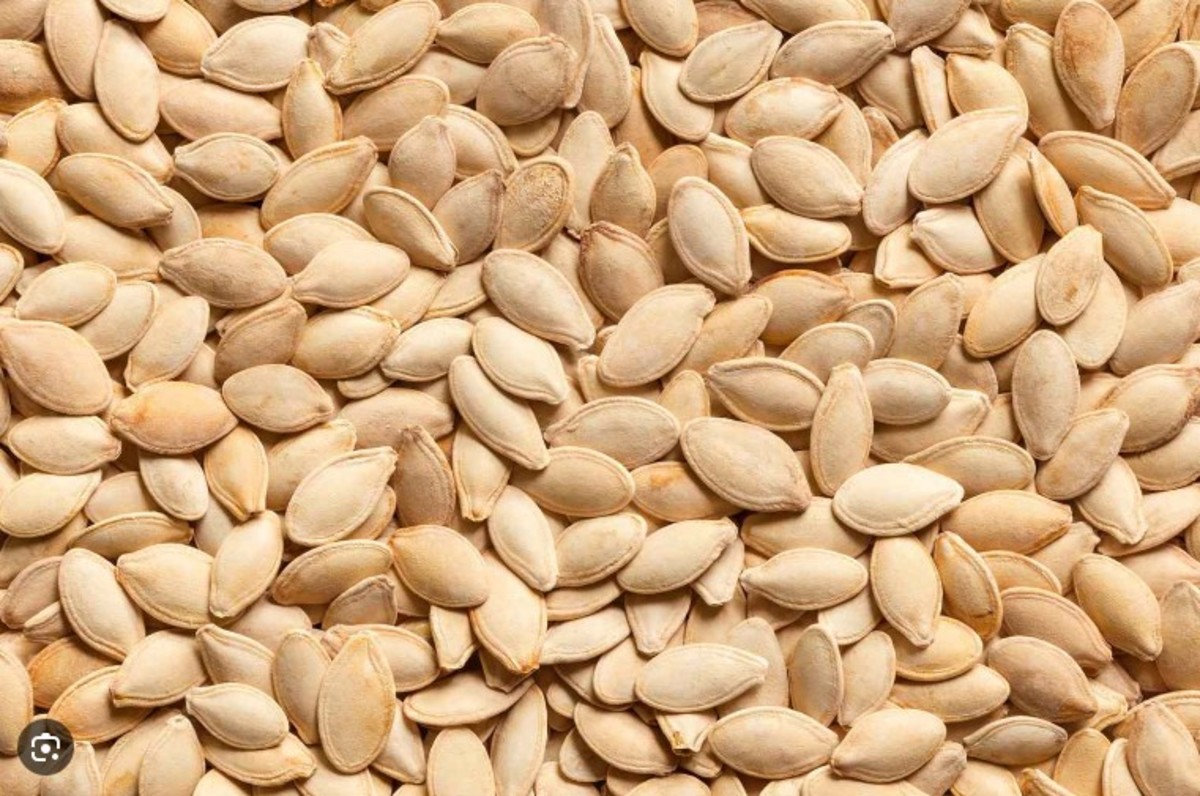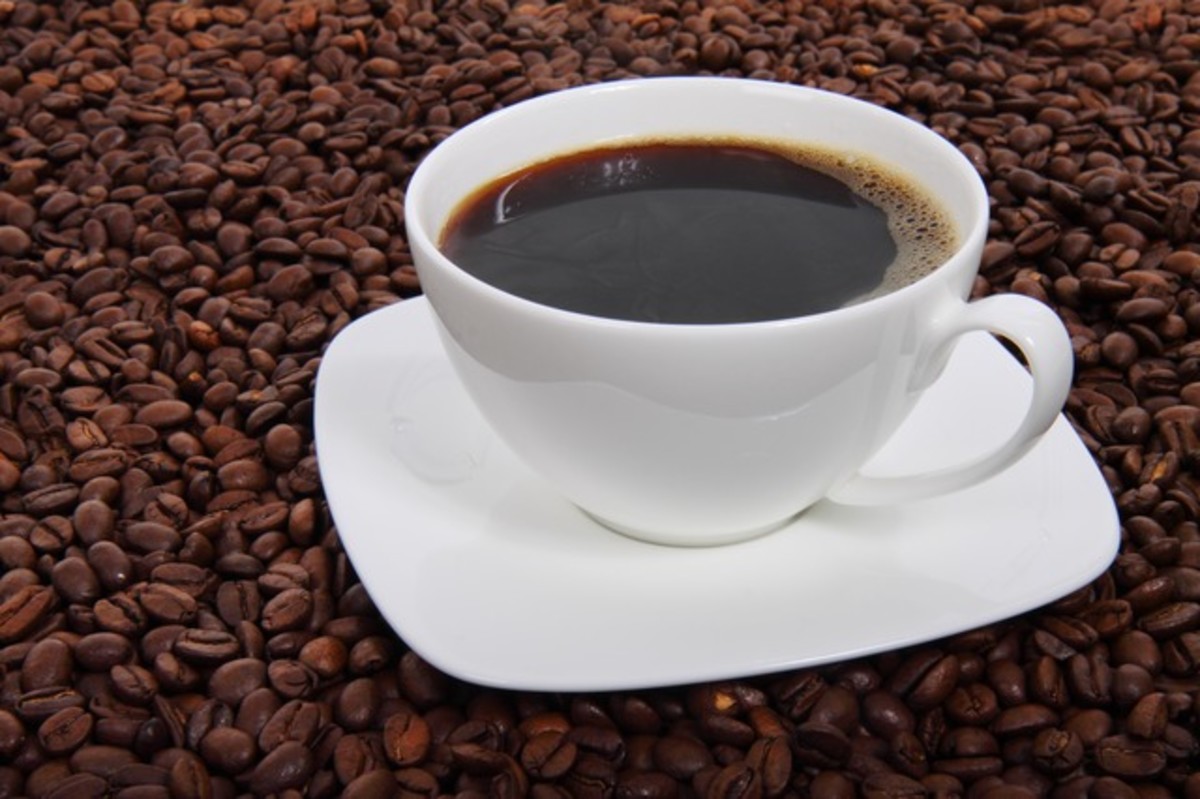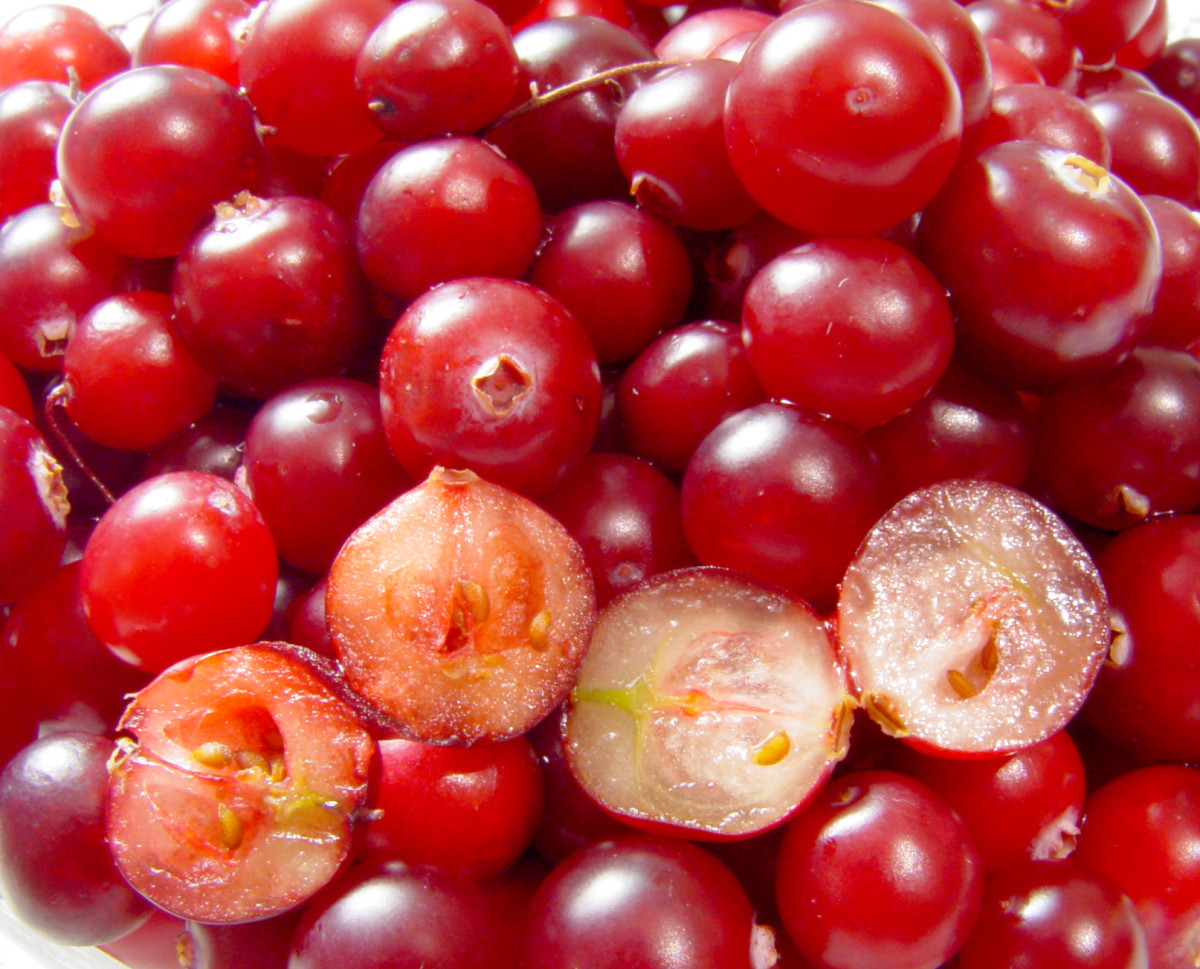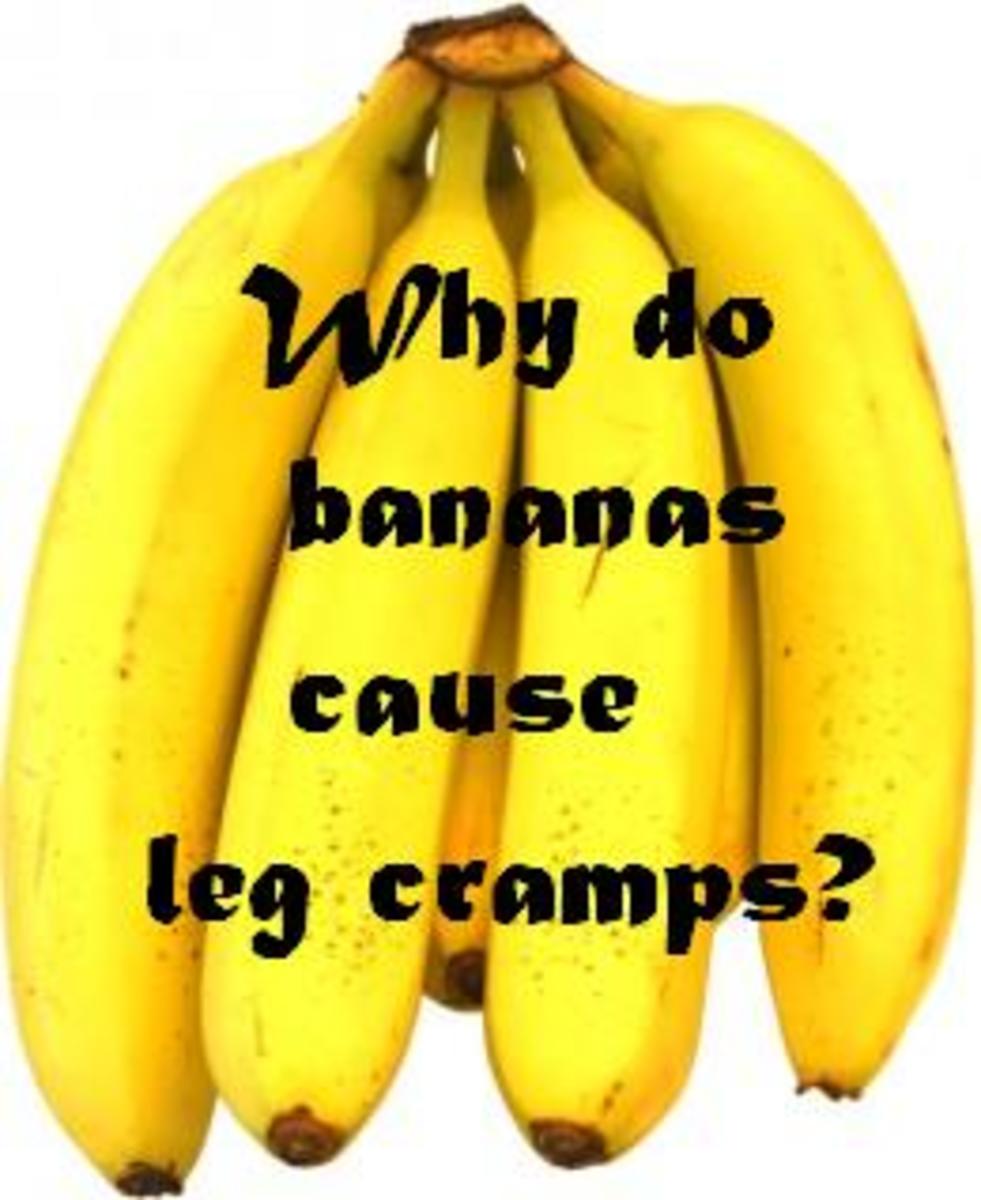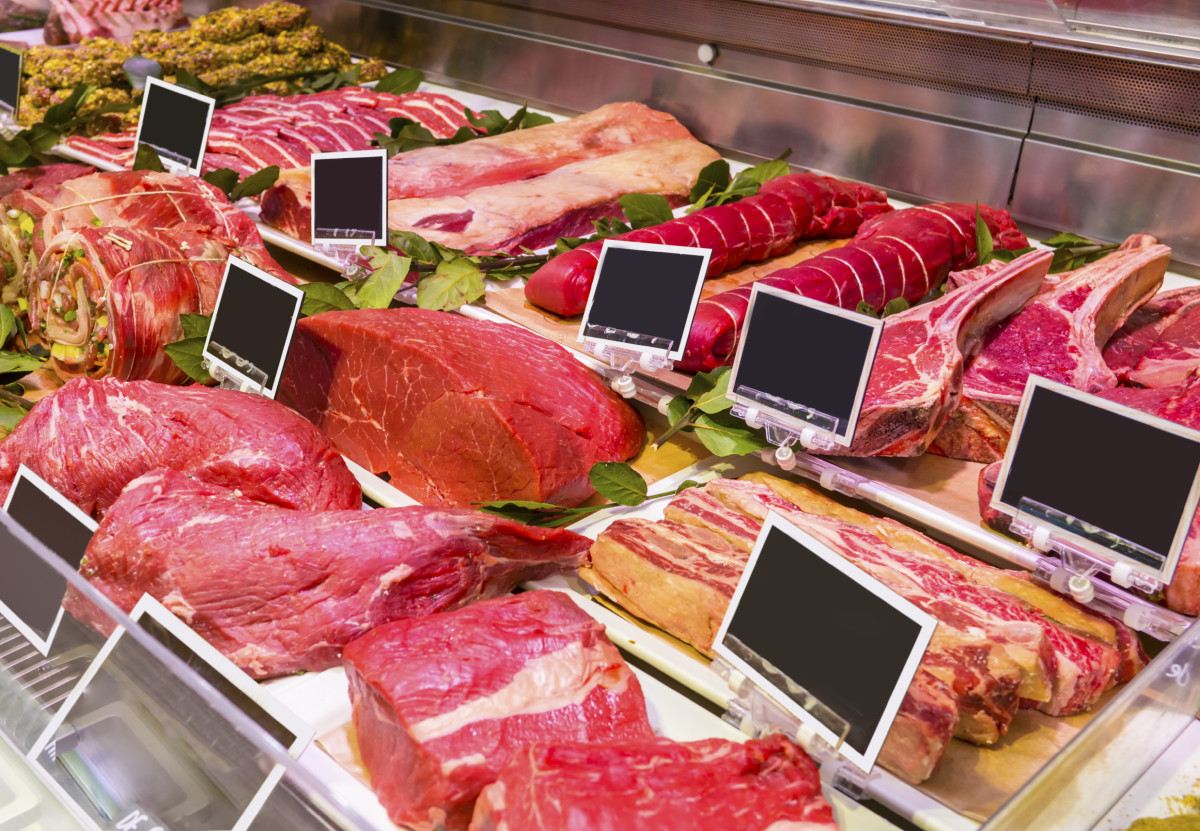Is Coffee Bad for you - find out
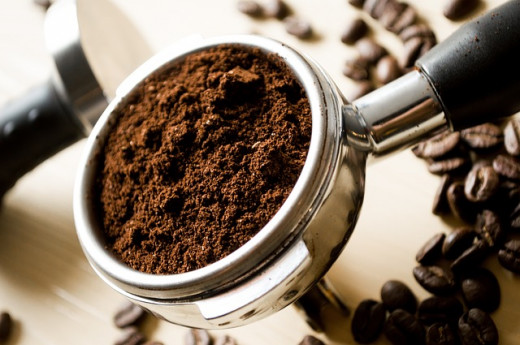
Short Answer
The Short answer is a resounding "No". Although there are some harmful side effects to any drink which contains a drug - yes, the caffeine in coffee is a drug - there are also many more benefits to this drink. There are however some simple steps you can take to ensure you are brewing the healthiest pot of coffee possible.
The benefits - Antioxidants, Vitamins, Nutrients
Before we go into brewing recommendations, it's important to look at some of the pros and cons of consuming coffee. You may have heard of some of the powerful antioxidant benefits, but may still have some skepticism on the real effects on your body.
Pros:
- Coffee Increases Energy Levels
Sure, it's what you would expect and the main reason why so many of us go for that cup of java. The increased energy brings about more production and alertness, which can really save you in times of necessary focus.
-Essential Vitamins and Nutrients
Vitamins B2, B5, Potassium, Magnesium, Niacin and Manganese are all found within a single cup of coffee.
- Protects against type 2 diabetes, cancer and heart problems
Coffee contains strong antioxidants which combat against free radicals - unstable molecules in the body which can damage healthy tissue.
Mood
- In addition to greater mental clarity, coffee is known to boost mood levels and reduce stress.
Do you drink coffee every day?
Coffee Cons
Cons are few, and many come about when drinking coffee in excess.
Caffeine: This is a drug and all drugs cause harm to the system in one form or another.
Pesticides: Most people may not think of this, but coffee beans when grown and before harvest are traditionally ridden with pesticides. Without a clean cup of beans, you're likely to be consuming these pesticides, along with your caffeine.
Unnatural Stomach Acid Production: Drinking coffee stimulates the production of digestive acid in the stomach, which could lead to overproduction of acid on an empty stomach, and under-production of acid on a full stomach. When stomach acid is not produced properly to digest food, nutrients from food pass through the system faster with a lower rate of absorption, which can lead to problems.
Coffee and the bathroom: Coffee generally acts as a laxative, which can be good or bad depending on how you feel about "going" several times per day. The side effect of going too frequently is the irritation of the intestinal system and the potential inflammation.
Increased production of epinephrine, norepinephrine and adrenaline: The increase of these chemicals may make you feel good or alert, but are taxing on your system and create stress on the body. Frequent overproduction of these chemicals by the body could lead to other health problems.
Potential risk of Cancer: There have been links to a substance called acrylamide (which can be found in coffee beans roasted under very high temperatures) which has the potential to be a catalyst for cancer, though the low levels in coffee are keep this concern low on the list.
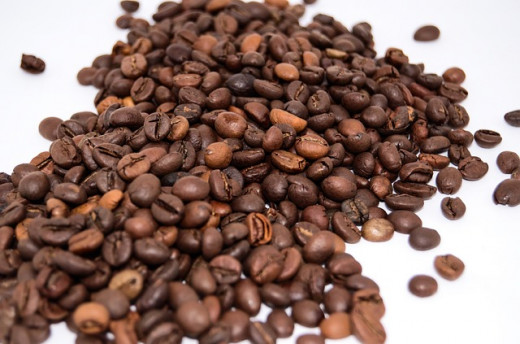
The one thing to avoid with coffee beans
Taking into account the above factors, I would still recommend drinking coffee, but with some precaution. One of the main causes (though debated) of any coffee which is problematic to health is something called a Mycotoxin - essentially a mold which grows on the coffee bean.
Low quality coffees often have this mold - something not visible to the eye. Ground coffee which sits for long periods of time has the potential to develop this mold and excrete oils which are harmful your body.
When choosing coffee brands, one should avoid those which are pre-ground (as these have the potential of harboring bad oil and mold.
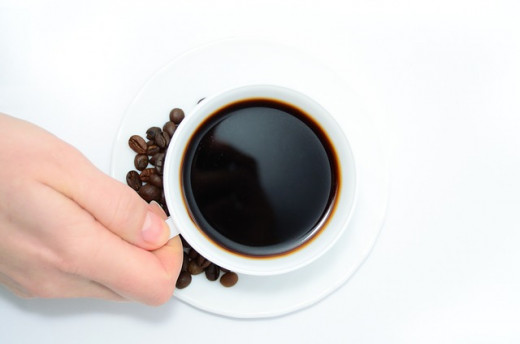
How to make a proper cup of coffee
For maximum health benefits, gaining all of the antioxidants and nourishment with the least side effects, organic, whole bean coffee is the way to go. Organic coffee is not grown and harvested with fertilizers - one of the main sources of toxins found in coffee. Whole beans allow you to grind fresh for each cup, preventing the potential of harmful oils and mycotoxins to form.
With a freshly ground, organic coffee bean, you should be able to drink your cup of java worry-free. Enjoy those healthy side-effects as an added benefit.
